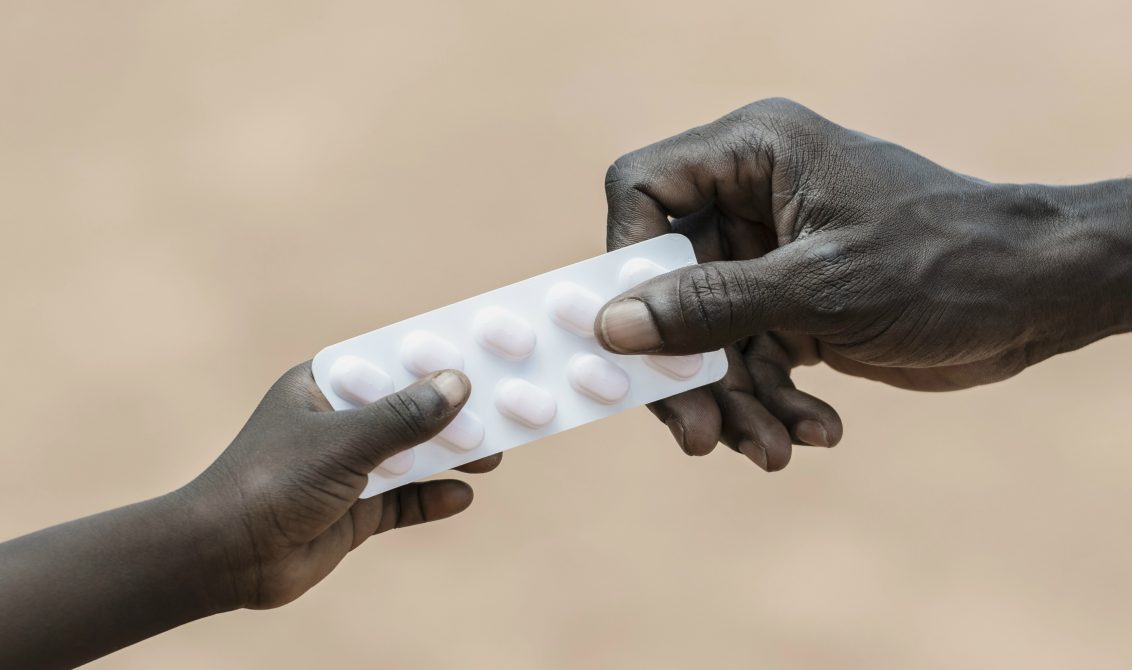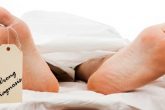
You have a fever and a headache and feel a bit run down. Deciding that it’s probably malaria, you go off to your local medicine vendor to buy paracetamol and an anti-malarial drug and start using them immediately. Two days later, you’re feeling much better because you’ve had a couple of nights of restful sleep and so stop taking the medications.
Let’s be real, you and millions of others have done this probably more times than can be counted. Self-medication refers to the practice of using prescriptions or over-the-counter drugs without discussing your symptoms with a medical doctor. You act as your own doctor in an effort to handle the symptoms of a physical or mental health problem.
This is a growing concern in developing countries such as Nigeria with as many as 70% – 85% of the population practising self-medication in some form or the other.
Across Sub-Saharan Africa, drugs commonly used to self-medicate are:
- Antimalarial (42%)
- Analgesics (41%)
- Antibiotics (29%)
- Cough mixtures (13%)
- Other (vitamins, laxatives and oral contraceptive pills,) (6%)
People self-medicate due to factors such as convenience, ignorance, poverty and perceived exploitation by health facilities. Other reasons include long wait times and poor conditions in health facilities, distance, fear of hospital admission and unavailability of doctors.
In one study on self medication, almost two thirds of people (62%) obtained the medications from patent medicine stores, 20% obtained them from drug stores in markets and 12% from drug hawkers. Some people (6%) even obtained medications from family members and friends!!
Most drug stores in Sub-Saharan Africa allow you to purchase whatever you want over the counter without a prescription. Prescription drugs are under prescription (to be prescribed by a licensed doctor only) for good reason:
- They are designed to treat specific conditions
- Are powerful chemical compounds
- Are dosage specific
- They often have serious side effects.
It is a dangerous misconception that you can diagnose yourself. There are potentially lethal consequences if you misdiagnosis and then self-medicate with inappropriate drugs.
Medical Doctors study for approximately 7 – 8 years to acquire the necessary skills required for safe medical practice – assessing a patient, developing a diagnosis and appropriate treatment plan while ensuring that no harm comes to the patient. Even with all the training, doctors still get it wrong sometimes! It is therefore more than reckless to think you have the skills to prescribe medications based on your symptoms.

